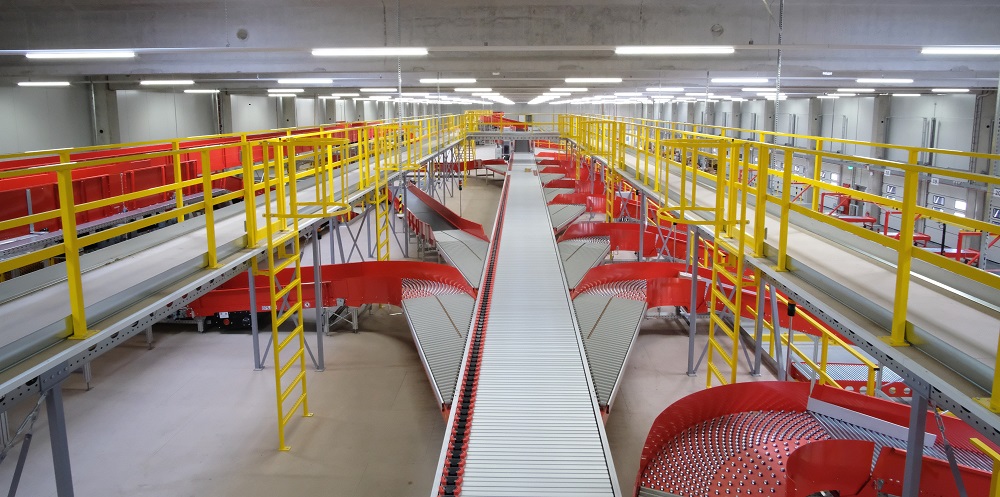Big Logistics Player Publishes Fashion and Sustainability White Paper
17th September 2019

As a patron of the British Fashion Council (BFC) and of London Fashion Week, DHL has commissioned a White Paper to explore how the fashion industry impacts the environment and to offer practical solutions to help fashion businesses become more sustainable and environmentally friendly. The White Paper will be presented today at London Fashion Week.
Underscoring this month’s London Fashion Week theme of Positive Fashion, the BFC and DHL jointly developed this White Paper on Fashion & Environment, which was written by authors from climate change NGO Julie’s Bicycle and the Centre for Sustainable Fashion at the London College of Fashion.
DHL has supported London Fashion Week for over a decade, both as a partner and as a logistics services provider. Since 2017 DHL has also collaborated as a patron of the BFC.
“We’ve long been active in fashion logistics, offering our customers solutions they can use to make their supply chains more sustainable,” Katja Busch, Chief Commercial Officer DHL and Head of Customer Solutions & Innovations commented. “And with our 2050 goal of reducing our logistics-related emissions to zero, we attach great importance to improving sustainability in both our business and our industry. That’s why we decided to initiate the White Paper and give companies a practical guide that provides insights on how they can make their businesses greener.”
Caroline Rush, Chief Executive of the British Fashion Council, commented, “We are delighted to launch this White Paper with DHL, one of our long-standing partners. The White Paper is part of the BFC’s Positive Fashion initiative and is aimed at helping designer businesses get a better understanding of sustainability, its importance and some actions they should take to incorporate it into their strategy.”
The comprehensive paper analyses the diverse ways in which the fashion industry impacts both the environment and the climate – from extraction of raw materials, the design process, production and distribution and ultimately to the management of waste. Almost 100 billion cubic meters of water are used in the production of textiles every year. In 2015, the quantities of greenhouse gases emitted in fashion production amounted to 1.7 billion tonnes. “The figures highlight the vast potential the fashion industry has to optimize its ecological footprint,” says Busch. “Moreover, customer demand for ecologically responsible and sustainable fashion has never been so high, so there are considerable business opportunities as well.”
Using best practices from the British fashion industry, the authors of the White Paper provide practical solutions to help make the fashion industry more environmentally friendly and sustainable. One area the paper focuses on is the empowerment of small and medium-sized businesses (SMEs), which make up the largest share of companies in the fashion industry overall. Although many of the examples used and the solutions provided relate to the British market, they are easily transferable to markets around the globe.
With decades of experience in fashion logistics and tailor-made logistics solutions, DHL also supports the development of industry talent. On 17th September, the final day of London Fashion Week, the winners of the DHL Fashion Potential Award will be announced. The award was launched by DHL and BFC in 2017 to recognize promising designer talent.
Read more here.

